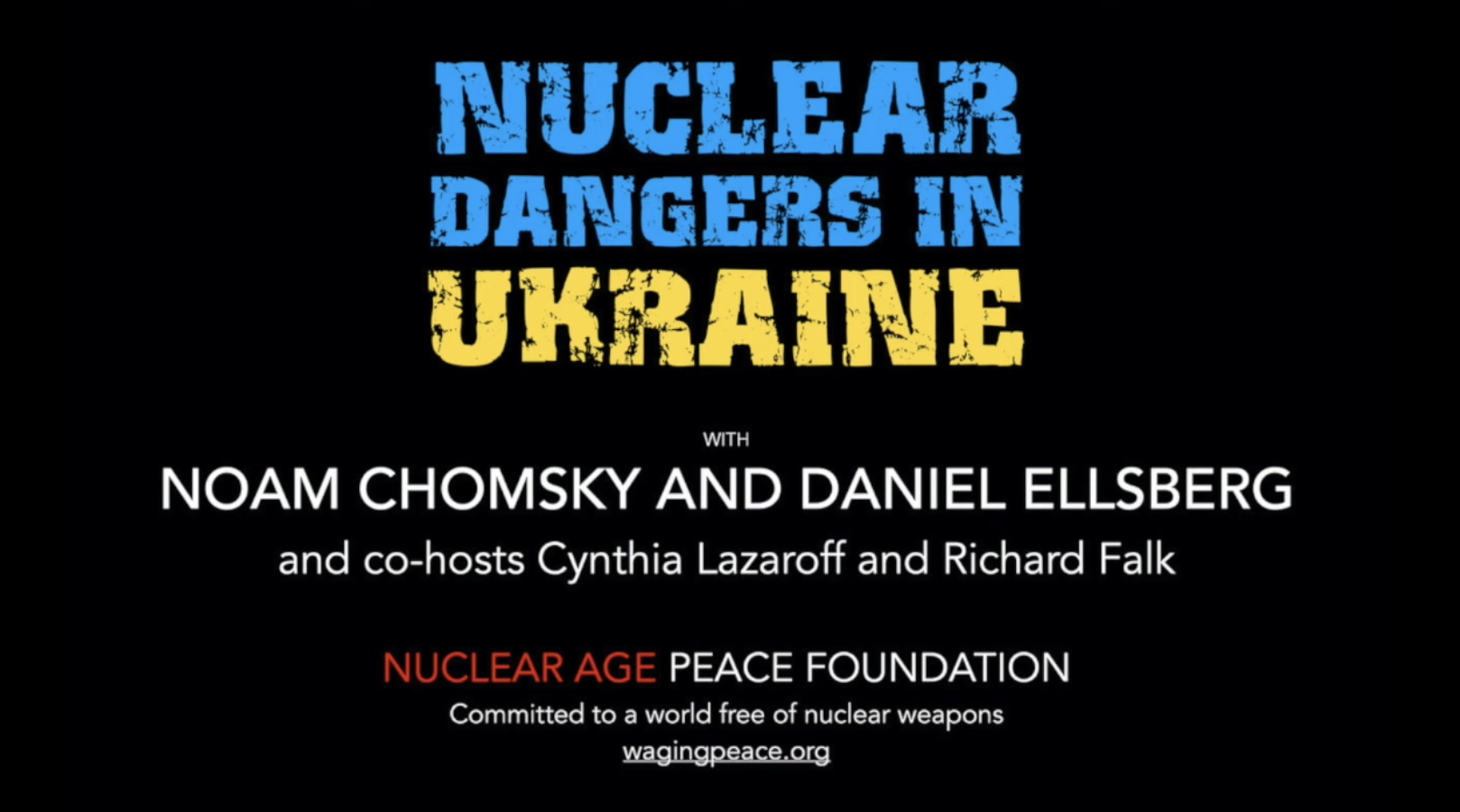Ukraine and the Danger of Nuclear War
The horrific war in Ukraine, while steadily traumatic and destructive for those living under the relentless rain of Russian bombs and artillery some three months into the conflict, seems for the rest of the world to be slowly receding into the background radiation of everyday life.
Unlike the blitzkrieg wars that have sometimes been mounted in the modern era — one thinks of the Persian Gulf War waged for 41 days by the US against Iraq in 1991, or its almost instantaneous wars against Grenada and Panama in the 1980s — the Russian invasion of Ukraine has followed a a far more ominously predictable script: the congealing prospect of being bogged down in what may come to feel like an infinitely expanding, slow-motion death march with no end in sight, like the twenty-year US war in Afghanistan. Even as the death and destruction of that disastrous misadventure hardly let up over those two decades, the rest of the world moved on. Only occasionally would attention be paid, but then almost as quickly it was forgotten.
We are not there yet regarding Ukraine, but, given the contending trajectories and commitments of the adversaries, we could get there soon. We could be seeing a long-term war with dire consequences for Ukrainians and Russians and for the rest of the world.
But things may get even worse.
From the beginning of this conflict, President Putin has put the world on notice that he will consider using nuclear weapons.
The Nuclear Age Peace Foundation has been airing a series of webinars on this threat. David Hartsough, a long-time activist and friend, sent me a link to the second one and urged me to watch. “It’s time to re-charge the anti-nuclear movement,” he said. “This webinar makes clear how critical this is.”
The webinar features two of the great change-agents and thinkers of the 20th century, Noam Chomsky and Daniel Ellsberg, who are still at work today raising the alarm of the monumental challenges we face.
Put simply, they make it clear that a negotiated settlement in Ukraine must be reached.
If not, Ukraine faces a very long war with grim consequences—or, even worse, the possibility of nuclear war. Either one of these fraught routes spells the potential of enormous suffering, while also deterring humanity from engaging in the greatest task of this age: responding to the climate crisis.
In short, the lengthening war in Ukraine poses multiple existential crises.
These two U.S. thinkers have concluded that the increasing military aid that their country is sending to Ukraine will, unfortunately, militate against negotiations.
What is needed now, Chomsky and Ellsberg assert, is a new anti-nuclear weapons movement and a powerful campaign to foster negotiations to end the war and to lessen the possibility of nuclear catastrophe.
I agree with them. We must do everything in our power to shift the direction of the world from the suicidal logic of Us versus Them violence and domination to the slow and long-term process of building a more just, peaceful and nonviolent culture.
Key to all of this is nonviolent movements. Movements confronting white supremacy. Movements dismantling systems of inequity. Movements to set in motion the critical work of healing our planet.
And movements for negotiations in Ukraine and blocking the planned expansion of the nuclear weapons complex in the US and around the world.
At the heart of these movements will be savvy knowledge—hence the importance of the analysis of these and other thinkers—but, even more deeply, a spirit of love, empathy, compassion, and gumption.
My own journey as a change-agent—which began in the 1980s as part of a global people-power movement that successfully blunted the arms race and created the conditions for a series of key arms-control agreements—has convinced me over four decades that we have more power than we think to change ourselves and our world.
This power is not power-over. It’s power-with. And we are called to tap this creative, relentless, nonviolent power for a more humane way forward.
Yet again.

